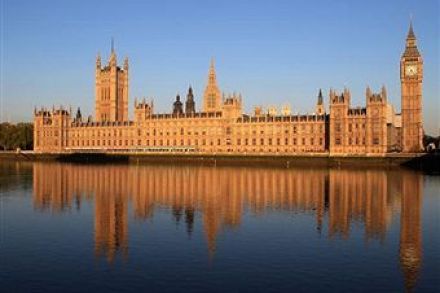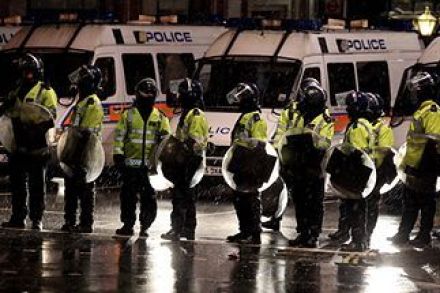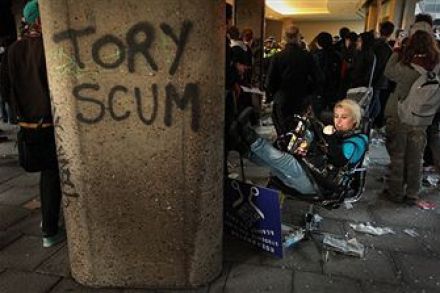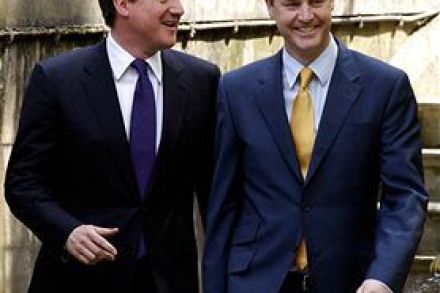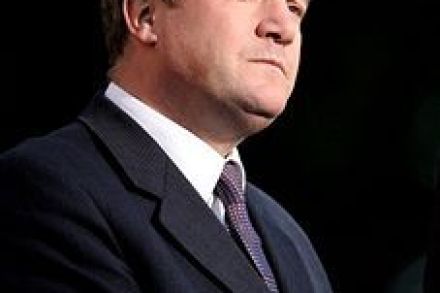Tackling the last great unreformed public service
The Home Office has an ambitious police reform agenda and is overseeing challenging budget reductions, but they are also forging ahead with plans to introduce real workforce modernisation. The serious and credible reviewer, Tom Winsor, will publish his independent report next Tuesday. Winsor’s review will cover pay, conditions and other aspects of employment that will set the framework for a new settlement when the current 3-year pay deal expires. Expect police overtime and shift patterns to be another major focus of the review. David Cameron himself, who once boldly described the police as “the last great unreformed public service” is firmly committed to this agenda. As a special



